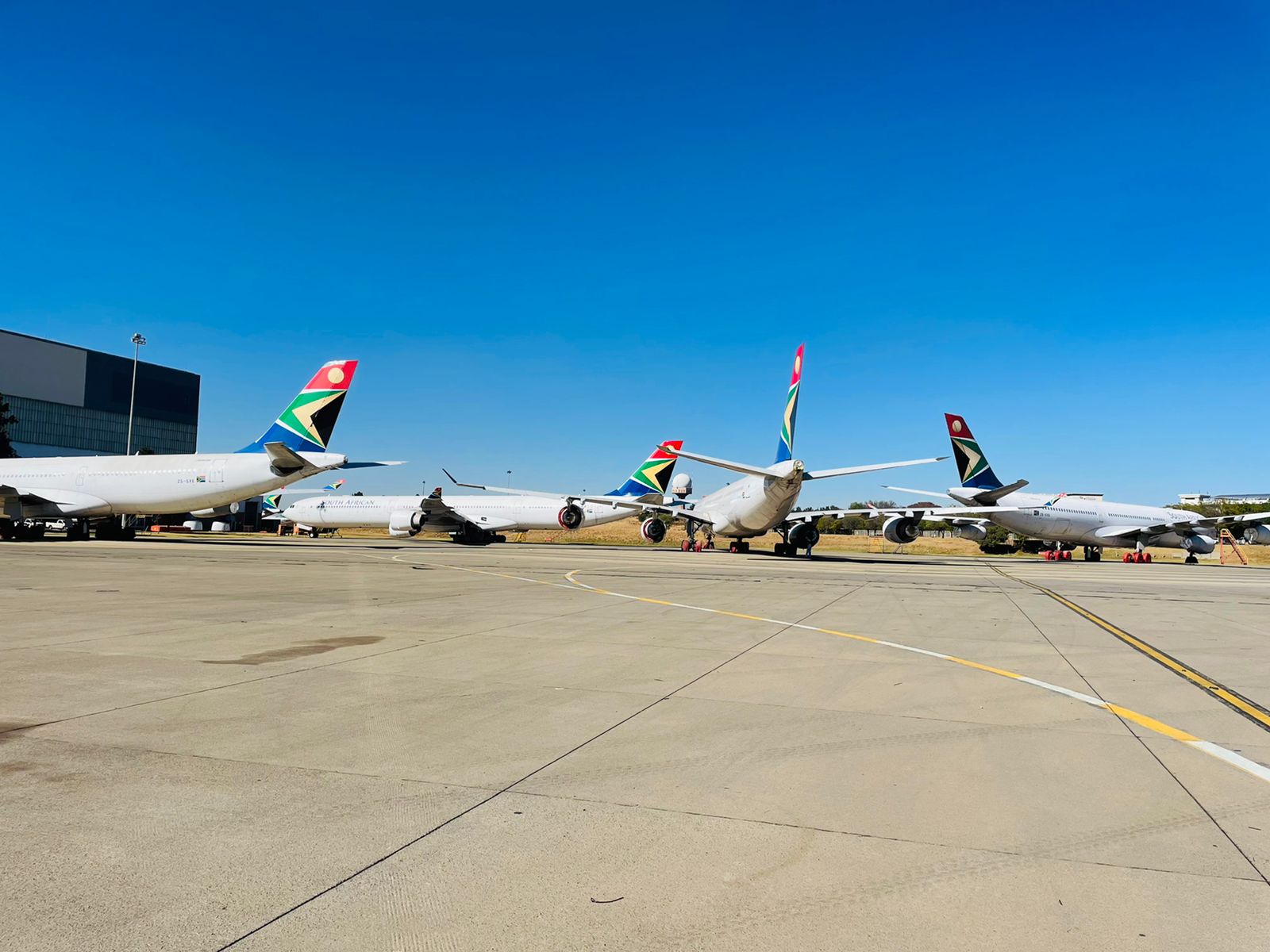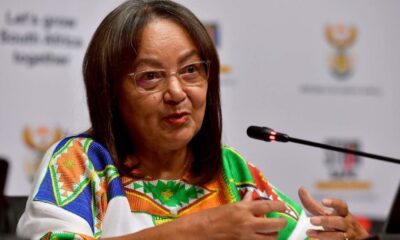Travel
Is South Africa Closing Its Skies? Aviation Policy Shake-up Sparks Industry Concern

A new draft aviation policy has sent ripples through South Africa’s travel, tourism, and aviation sectors, and not in a good way.
The Department of Transport proposed changes, outlined in its recently released Draft Comprehensive Civil Aviation Policy, hint at banning certain foreign airlines from making domestic stopovers between local cities. That might sound like a small tweak, but industry insiders believe it could lead to higher ticket prices, longer travel times, and a direct hit to tourism.
A Proposal with Costly Consequences?
According to the draft released on May 23, the DoT is worried that foreign airlines offering stopover services between domestic destinations are taking business away from South African carriers. In their words: “Passengers that could be carried by South African Airlines between domestic points are lost to foreign airlines.” But not everyone is buying this logic.
Aviation economist and chartered accountant Joachim Vermooten has pushed back firmly, calling the proposal out for being both outdated and damaging. He argues that if implemented, it would add layers of inconvenience for passengers and likely drive up airfares.
“Travelers using these routes would have to fork out for a second ticket from a local airline,” he said. “That’s on top of longer layovers, rechecking luggage, and more customs queues.” For many, especially international visitors, this could be the tipping point between booking a trip to South Africa or skipping it altogether.
Taking a Step Back Instead of Forward
Vermooten also flagged that the draft goes against global standards laid out by the International Civil Aviation Organization (ICAO), which encourages member countries to make travel more accessible and efficient, not harder.
Rather than opening doors, the proposal could end up slamming them shut. “It raises barriers to entry, discourages tourism, and will ultimately reduce traffic through South African airports,” he said.
This isn’t just about convenience. It’s also about the country’s image as a globally connected hub. Tourism, after all, is a key pillar of the South African economy, especially in a post-pandemic era when every tourist dollar counts.
Immigration concerns or a misunderstanding?
One justification from the Department involves immigration logistics. They claim that foreign passengers landing at a first point and continuing to a second local point without disembarking pose challenges for the Border Management Authority (BMA).
Vermooten disagrees here, too. “This is a misunderstanding of the rights being exercised. These are not cabotage operations,” he explained, referring to a practice where foreign airlines carry local passengers between two points within a country. “Cabotage is already banned under South Africa’s bilateral agreements.” So what’s really at stake here?
A Threat to Existing Agreements?
Possibly something even more serious. The draft policy even hints at withdrawing stopover rights already granted in bilateral air services agreements. That could spark legal battles with other countries, especially under the watch of the ICAO.
“If South Africa tries to unilaterally walk back these agreements, it risks international arbitration,” Vermooten warned. “It would also fly in the face of long-standing liberalisation efforts — the very goals South Africa committed to in its own Airlift Strategy.”
Closing Off the Skies
The draft also makes clear that South Africa won’t be pursuing open-skies agreements with countries outside the continent. These types of agreements typically allow airlines to make commercial decisions freely, including setting routes, flight frequency, and pricing, all while boosting tourism and global connections.
According to Vermooten, refusing to embrace such agreements is a major missed opportunity. Limiting flight capacity, he said, may drive prices up without necessarily helping struggling local carriers.
The Bigger Picture
What’s clear is that the aviation sector views the draft policy as a step in the wrong direction. The idea of protecting local airlines sounds good in theory, but experts say the unintended side effects could harm the very sectors — tourism, business travel, and trade — that keep South Africa globally competitive.
If South Africa wants to be seen as a gateway to the continent, this policy might need more than a second look. It may need a full rethink.
{Source:Tourism Update}
Follow Joburg ETC on Facebook, Twitter , TikTok and Instagram
For more News in Johannesburg, visit joburgetc.com



























